Soldiers' weapons
Table of Contents
Weapon technology is the most important aspect of war. How can you hope to fight if you have nothing with which to beat up the enemy?
The two most important rules governing offensive magics are:
- the farther away from the person at whom your magic is sent, the weaker it gets, thus severely limiting the efficacy of long range attacks;
- when using raw magic, a lot of energy dissipates uselessly rather than being focused on a target, and it is extremely difficult to get it to take more complex forms.
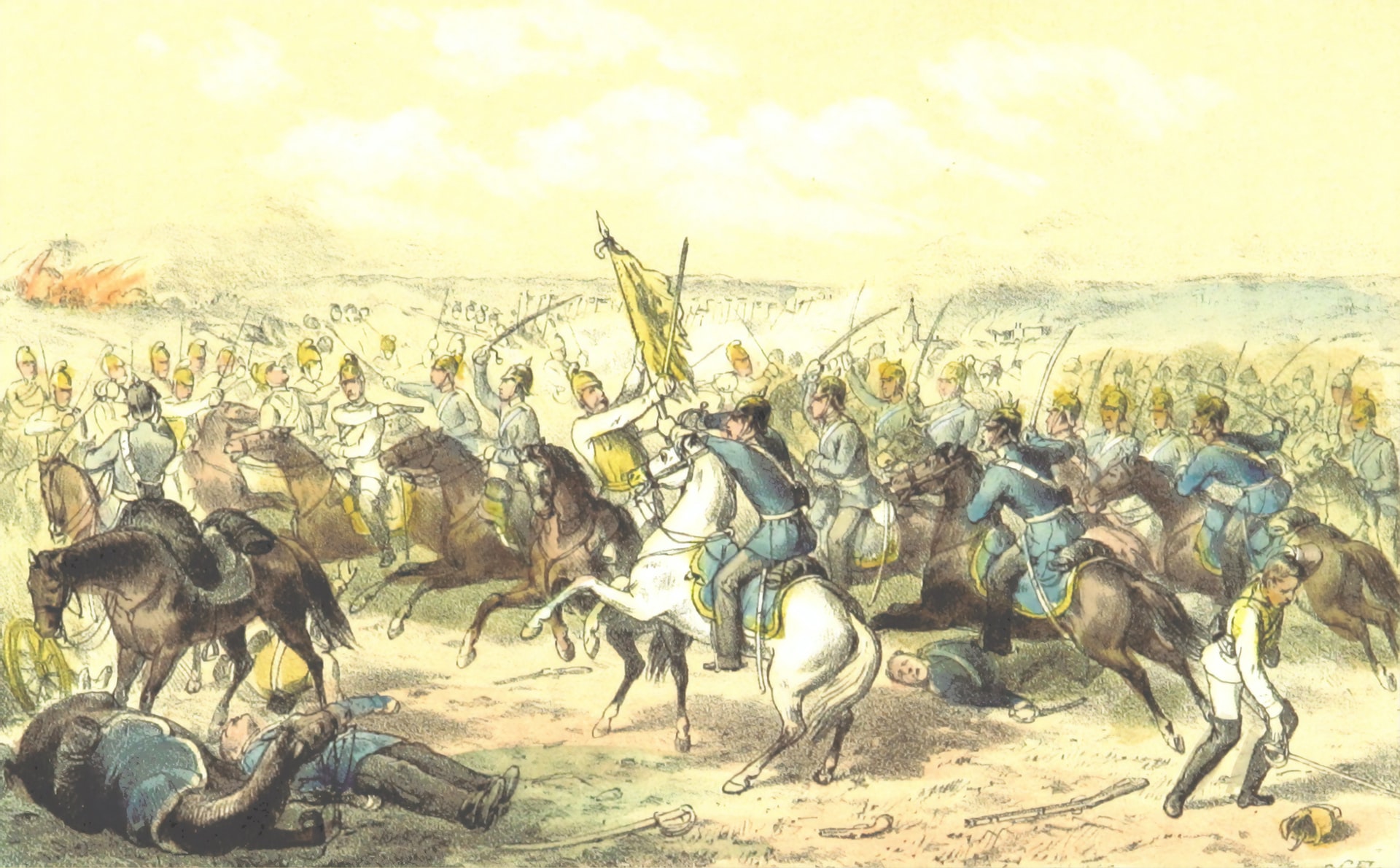
Battle by British Library on Unsplash
Basic rule of fighting is: you need to get close enough to see their expression when your fireball will hit them! Much more fun than way!
Staves
The staff is used to canalise soldiers' raw magic into its metal, twist it to take the shape defined by the runes covering the staff, and send it towards an enemy.
Alchemy
The way the metal has been treated with alchemy impact how much it can conduct magic or store it for different lengths of time, or even canalise it out of a soldier's body. All of those parameters need to be adjusted to get the best effect out of the runes while not wasting soldiers' magic. A metal that is too conductive could incite soldiers to push more magic into their attacks and get them tired more quickly for example, while being not conductive enough would also force them to push more magic to get an efficient attack. On the other hand, a lack of conductivity will mean that the magic travels through the metal more slowly and so that it has more time to get affected by its magic.A fun field of research so long as it's not summer! Then you're going to melt by working next to the forge—the Colonel favourite's punishment when the leeches are too hot to come out to play!
The metal being able to store magic will allow soldiers' magic to accumulate for a few seconds to a minute and so to gain more raw strength. This can allow soldiers to have more powerful attacks without exerting themselves too much. Special weapons could even allow them to reach a higher power maximum than what they could achieve if they were to push all of their magic into one attack in the absence of the accumulation. However, this is highly discouraged outside of show duels, as depleting one's magic in the middle of battle is a sure death penalty.
Some metals can also canalise soldiers' magic by directly attracting it out of their body like a magnet. This saves soldiers some focus and energy and allows them to attack more quickly. They will also be able to send attacks for longer when they are tired and to push their limits further, potentially saving their lives. However, it will also not take into account at all those limits and keep draining magic out of them and their organs even long after they have none left to spare, eventually killing them painfully.
Runes
The runes on the staff will define what type of magic it will send towards an opponent (raw magic, elemental attack from a precise element, specific spells...), at which speed the attack will reach an enemy, and what surface area will be hit (a specific point, a wider surface, a line...). Staves allow three main types of attack: physical contact attacks, direct range attacks and indirect range attacks. By physical contact attacks, a soldier attempt to hit an enemy directly with their staff and the magic will be transmitted with the shock of contact. Direct range attacks consist for example in sending a magical ball of raw magic at an enemy, while indirect range attacks would be sending that magic towards the ground to affect it rather than directly attack the enemy.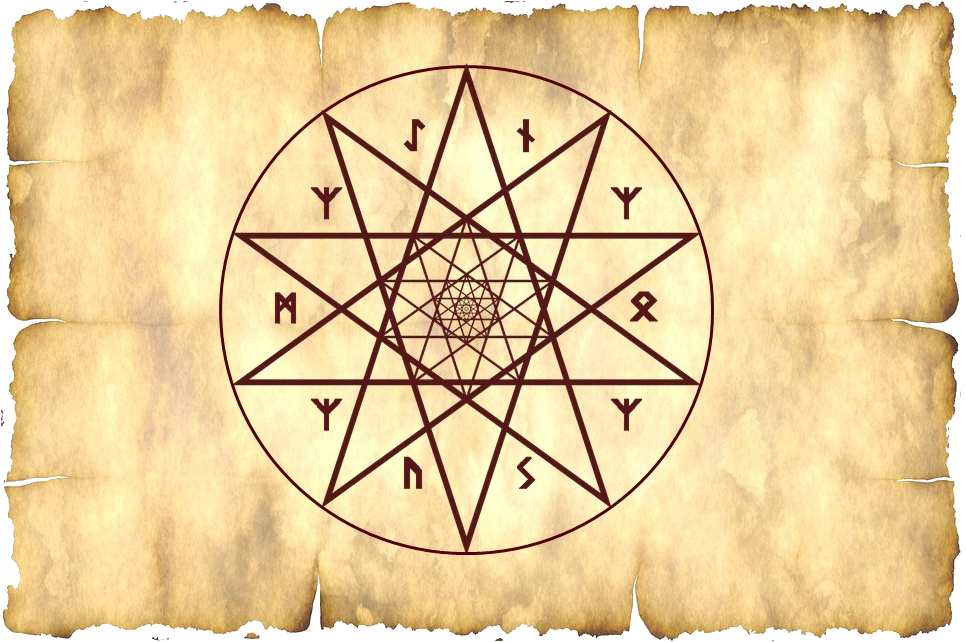
Plan for a runic design by AmélieIS with Pixabay
Don't be like those battle-mages! It's not because something is not flashy that it's not efficient! In fact, it's much better to have indirect attacks. Much more vicious that way, they never see it coming until their skin start to melt off their bones!
Choice of staves
A versatile staff is obviously the best, as they allow a mage to adapt their attacks in function of the situation and their adversaries. However, those are a lot more difficult to make, thus making them more expensive. They also require a lot more training for the soldiers to master them—training that needs to be redone every time the soldiers acquire a new model—and each staff may not be adapted to the magic style and skills of every soldier, thus lowering the versatility of the staff and costing more in getting them adapted to their owner. In a big army, all of those are unacceptable costs. This means that, according to the king's will, a few models of staves are designed, each allowing for several basic types of magical attacks. Then each regiment will be equipped with different numbers of each type of staff. Those specific choices are an important aspect of military strategy.What do you mean, you don't like that staff? Do you think you get paid to have an opinion? All choices regarding the weapons are done by His Majesty, and the rest of us will do as we are told and use whatever staff he deigned to equip us with!—not that engineers get staves, anyway. No, we have something much cooler: a sword!
Swords and sabres
All soldiers are equipped with a sword or sabre depending on their regiment. Those weapons are made out of steel forged with alchemical methods in order to get some special magic absorbed inside the weapons. Runes can also be added on them through different method. An expensive sword will be very similar to a staff with cutting edges.
The basic difference will be obviously in its shape which will force the soldiers to adopt different movements and techniques to attack. In practice, only higher ranking officers will have such weapons. The advantage of the swords or sabres is that they can create damage without costing any magical energy at all, but also that their tips or blades are very efficient in piercing shields or personal wards without having to waste energy by overpowering them.
Very importantly, the way the magic behaves inside the sword or sabre can create some physical points of weakness inside the metal and so make it susceptible to breaks. Soldiers need to know their weapons intimately to know how to handle it, where to put the pressure points and how to synchronise their magic with their hit—both so as to send magic at the most appropriate time to attack, as well as to avoid weakening specific points in the blade at the wrong time.
Projectile weapons
The classic projectile weapons are of course bows and arrows, crossbows, and potion-launchers.
Arrows and crossbows
Arrows and bolts can be engraved with runes, but this is generally a waste of resources compared to how little damage one unique projectile can do. Most often, they are only dipped inside of a potion so as to absorb some magical characteristics. It is the bows or crossbows that are covered in runes that aid in aiming and in increasing the strength of the throw. Attempts have been made to transfer some magical properties from the bow or crossbow to the projectile during the few seconds in which they are in contact, but that magic dissipates too quickly and rarely reaches the target.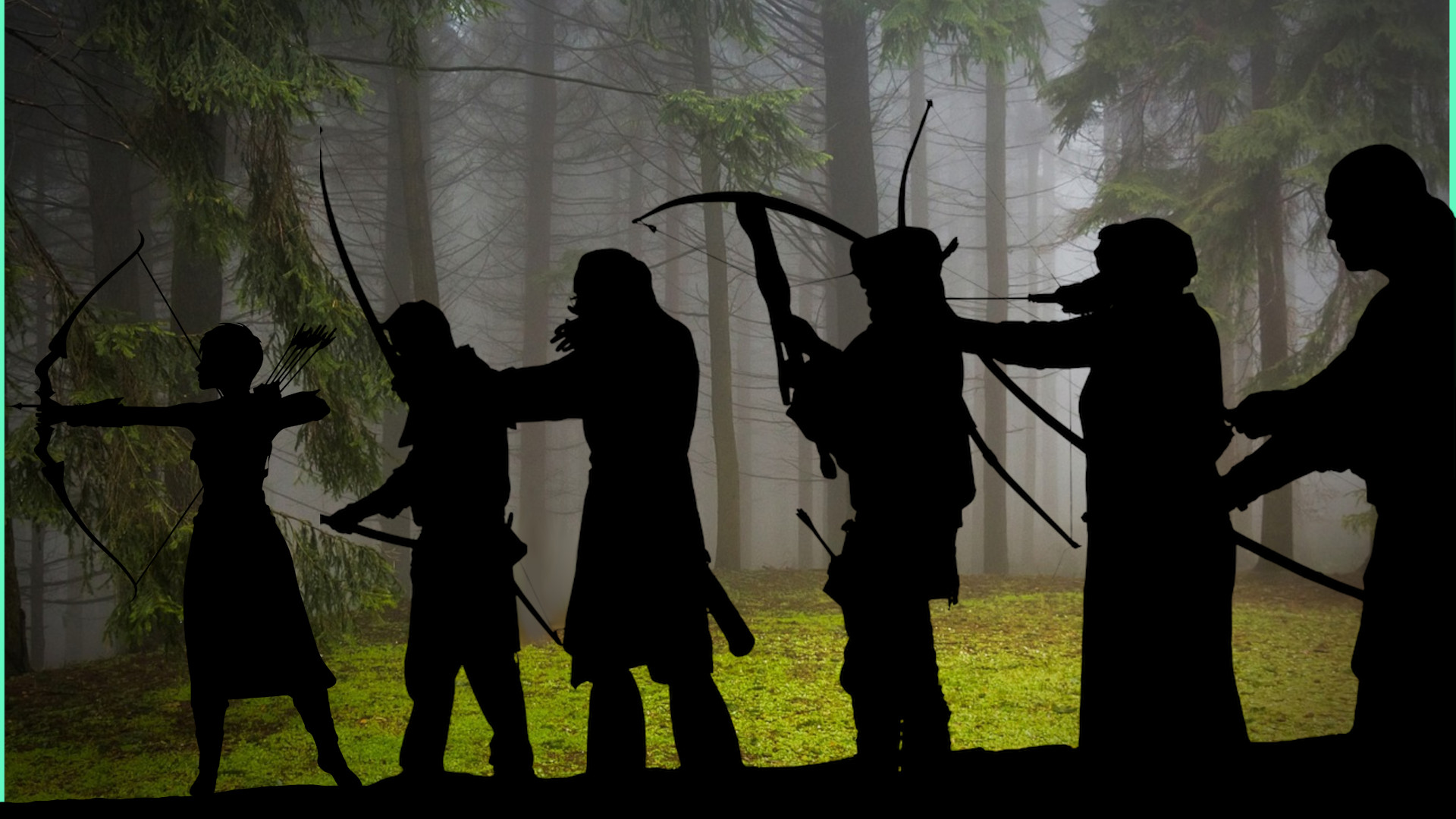
Archers by AmélieIs with images from Pixabay
A bow is an Englishman weapon! Don't waste your time on such absurdity, we have much more interesting things to do here!
Potion launchers
Potion launchers have always been very delicate to use since potions are so capricious and volatile. The dangers are that the potions would get triggered during transport or storage, though hurting one's army, or that they would get triggered after being thrown but before reaching the enemy, thus being wasted. Nevertheless, a few specific potions have been developed over time specifically for this use. The most appreciated one is the Roman Fire, a potion which burst into an elemental fire upon contact.
Depending on their size, potion launchers themselves can be similar to either a sling or to a siege weapon such as a catapult. Slings have lower ranges and have a greater risk of the potion hurting the soldier attempting to throw it. Because it sends a smaller amount of potion, it can also only be used with the most potent ones. Siege weapons will allow for big amount to be thrown at enemy and so for more damage to be inflicted.
Potion and alchemy have always been the best of all research fields! Contrary to rune masters and warders, we get to make pretty colours and explosions! Everybody like a good explosion, don't you agree? Though tough luck for you, the Colonel doesn't like when new recruits get too close to the alchemy vats...
Long-range innovations
Two important innovations have occurred in the last few centuries. Combined, they have both led to a massive shift in military strategy and a complete overhaul of all defensive magic.
Potion stabiliser and artillery
The first important development to have occurred in the 14th century has been the creation of a way to stabilise potions enough to be able to throw them at higher velocity. This has allowed for the first develop of artillery, with canons launching potions at the enemy's lines. Those canons were extremely dangerous at first, but the few centuries that have passed since their invention have allowed them to be perfected. They are now significantly less likely to explode at the face of the soldiers manning them.
There exist different types of canons, with their size, the alchemy going into their forging, and the runes engrave of them all giving them different properties and efficacy. Most canons are several meters long and a meter high and are extremely heavy and difficult to move and manoeuvre. Handling them, targeting them and firing at enemies is a whole science that requires years of studies in military schools. Since King Napoléon himself was a gunner, this army corps is incredibly prestigious and attractive to young people.
Another important aspect of artillery is in the ammunition themselves. While the canons can be somewhat versatile in theory and should be able to fire different types of potions, in practice doing so is extremely dangerous. Using the wrong ammunition with the wrong canon will reduce the precision of the firing and the stability of the potions. Nevertheless, in the middle of a war the choice of ammunitions can sometimes be limited and risks must be taken...
And this is why our manufacture in Lyon is the most strategically important location in France and why our job is the most prestigious—don't listen to all the imbecile gunners, the fire of their canons has addled their brains. Without us, they would have nothing to fire! As for all those arrogant battle-mages, ask them how many enemies they can hope to kill in one battle. This is absolutely nothing compared to the efficiency of our canons!
The development of new types of potions and the perfecting of existing ones is done by the engineering corps. But beyond research, the most important mission of the engineering corps is the gestion of the alchemy manufacture and the production of potion ammunitions for the canons.
Scandal in Lyon!
Because of the king's negligence regarding the safety measures at the military alchemy manufactures, a reaction went out of control and threatened to engulf the entire city! By miracle, young Colonel Lucien Esselin was able to set a filtering ward over the whole city, breaking all time and scale records in the process! Two hundred thousand individuals owe him their lives!
Because of the king's negligence regarding the safety measures at the military alchemy manufactures, a reaction went out of control and threatened to engulf the entire city! By miracle, young Colonel Lucien Esselin was able to set a filtering ward over the whole city, breaking all time and scale records in the process! Two hundred thousand individuals owe him their lives!
— Newspaper clipping
Long-range assistance artefact
A more recent innovation has been artefacts that allow for magic to be sustained over longer distance rather than quickly dissipate. Those long-range assistance artefacts have allowed for the creation of new staves incorporating them as a thick ring attached to the middle of them and linked by a chain to another ring attacked to a soldier's wrist.
The artefact is controlled by the soldier through that link. They have to split their magic into the staff itself and into the artefact. This splitting of attention is dangerous and requires special training to be performed. Once activated, the artefact will create rings of magic around the staff and the magic that courses through it. The magic inside the rings will resonate with the magic in the staff, and this action will focus it and stabilise it, thus greatly reducing its dissipation while it travels to its target.
This technology is not only extremely important for battle staves, but it has also been applied to canons. This is why canons are a lot safer nowadays that they used to be. While an amazing innovation, an important weakness is that those artefacts allow for a long range to be reached, but not for it to be targeted with any degree of precision. This is the latest major field of research in offensive magic.
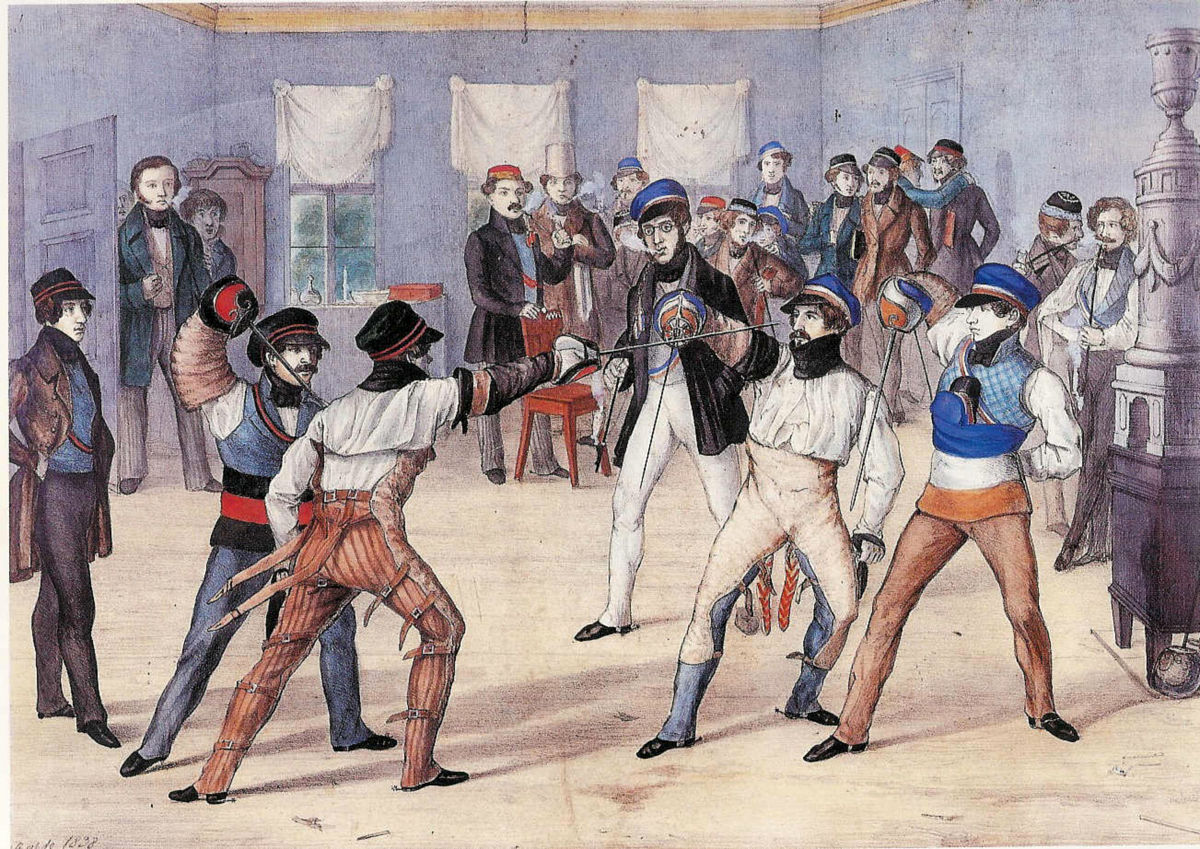

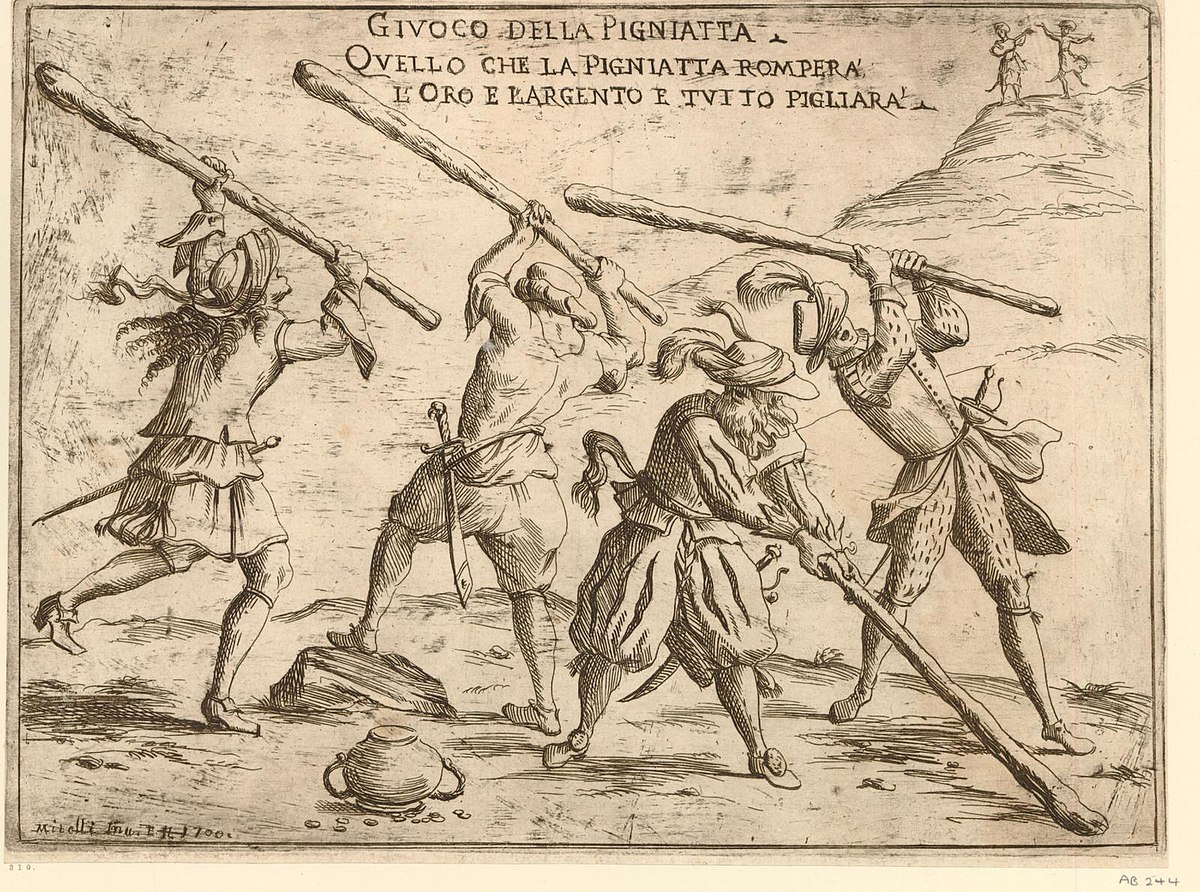

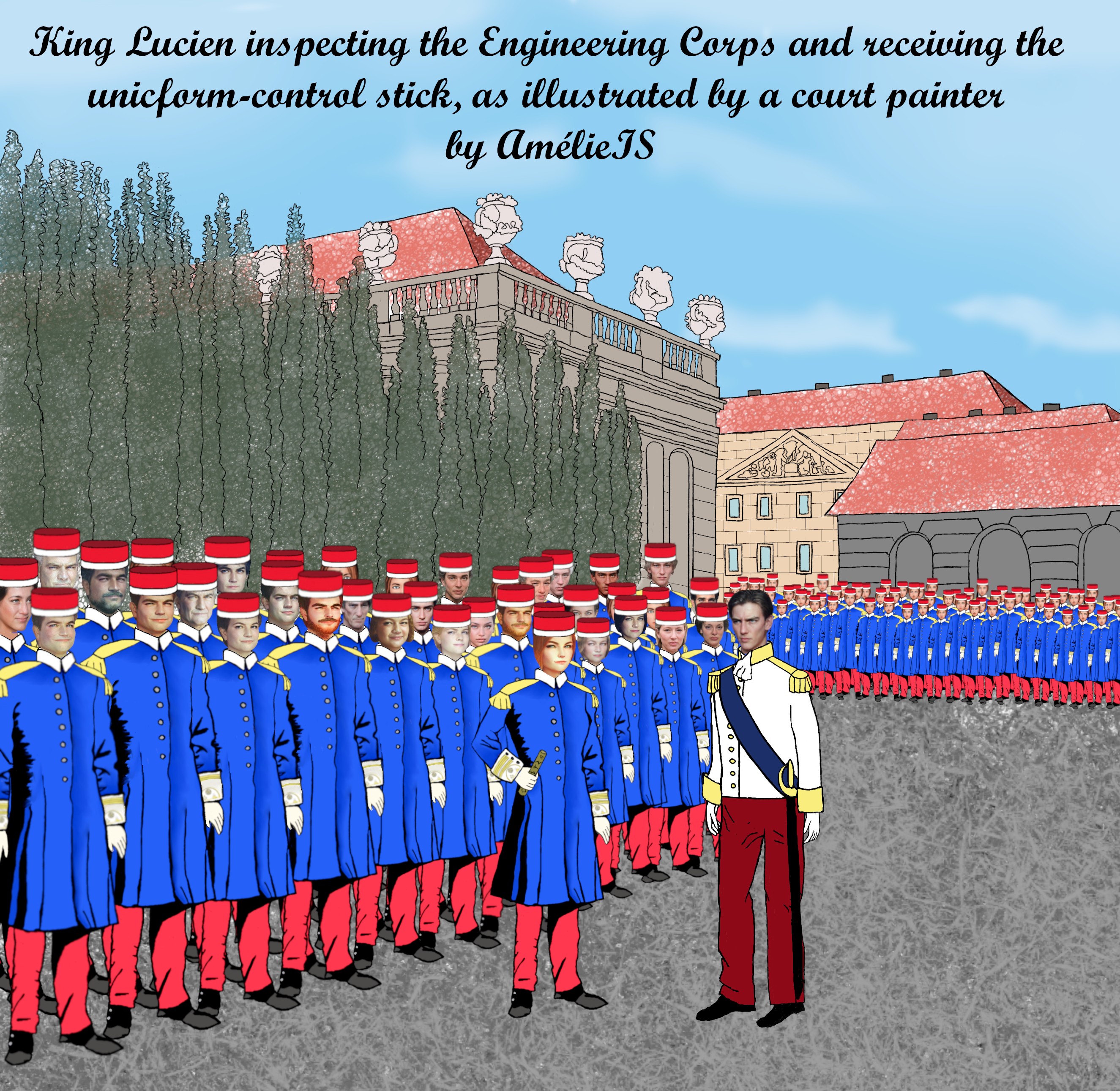
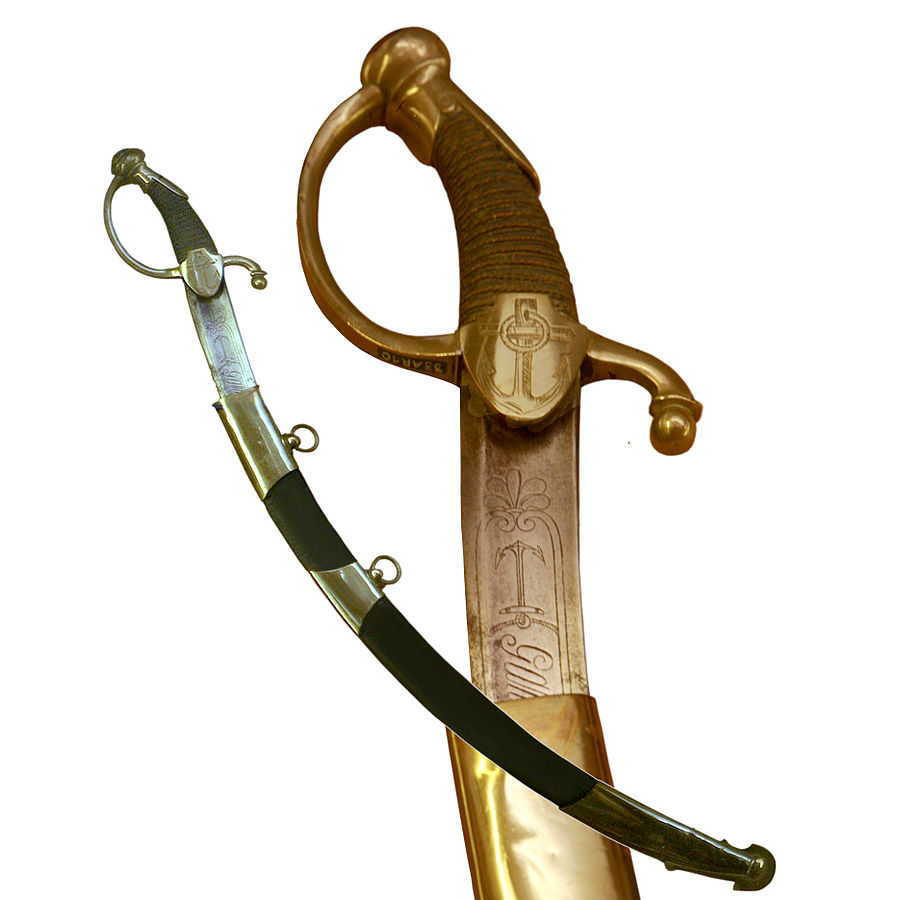
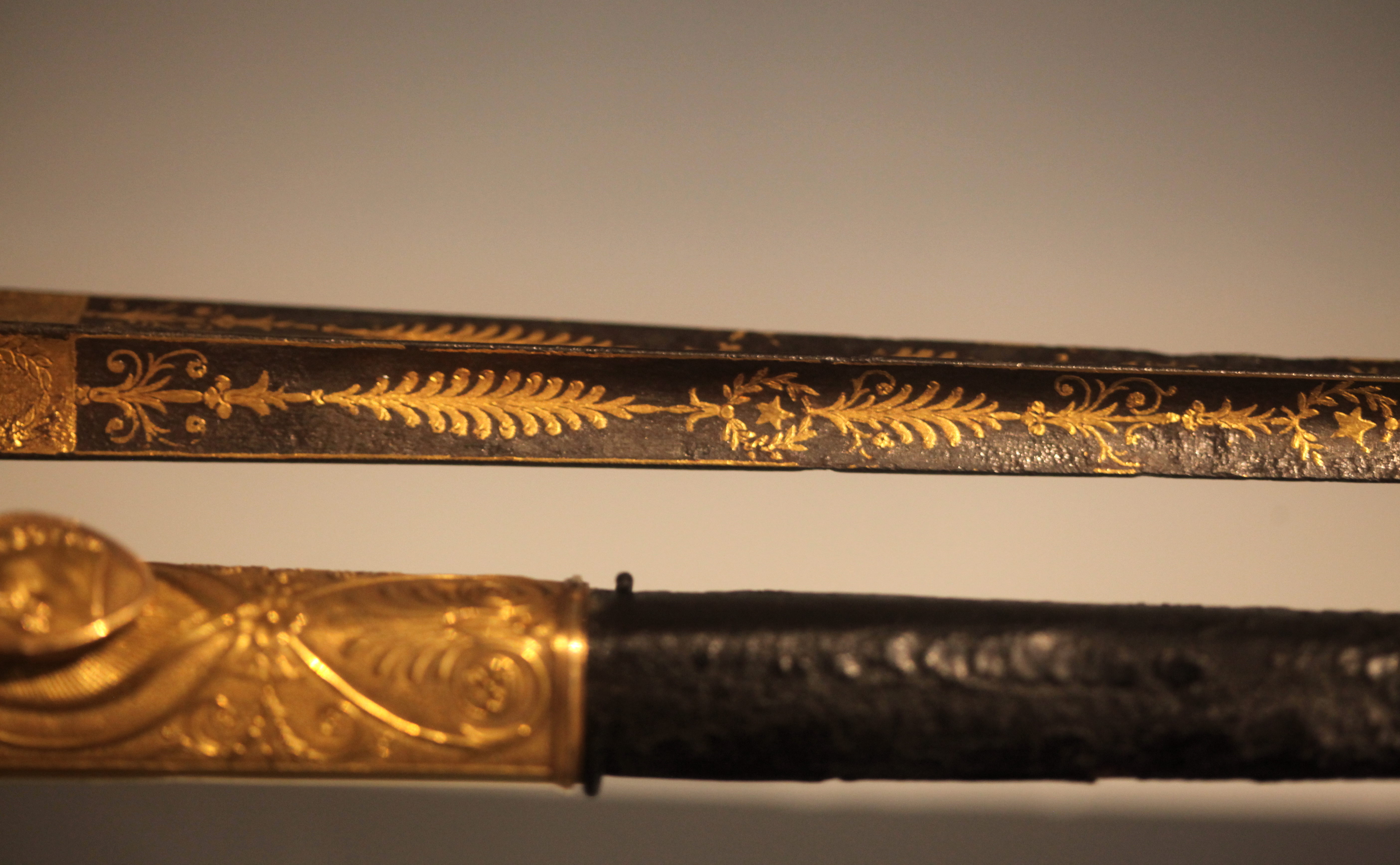
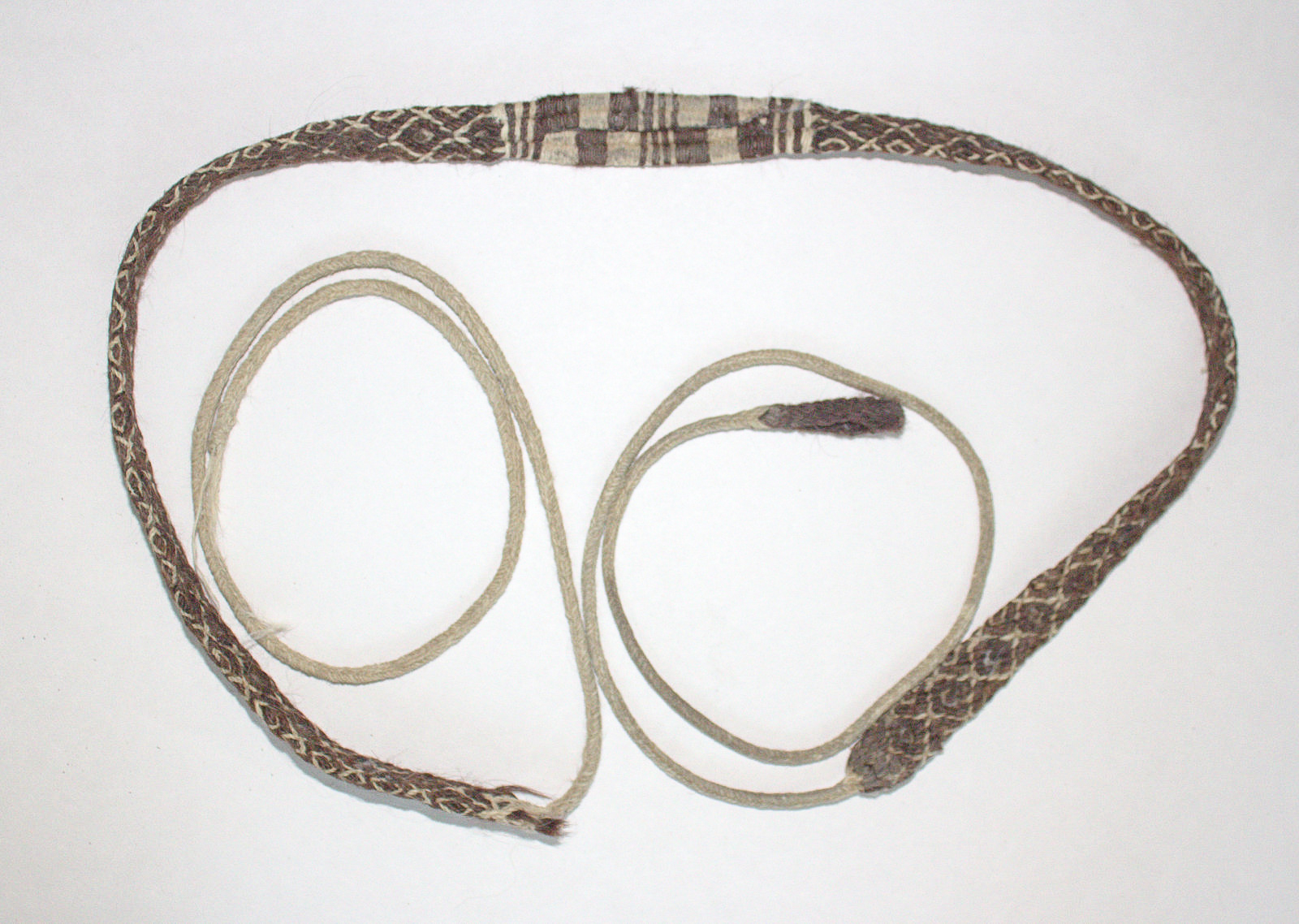
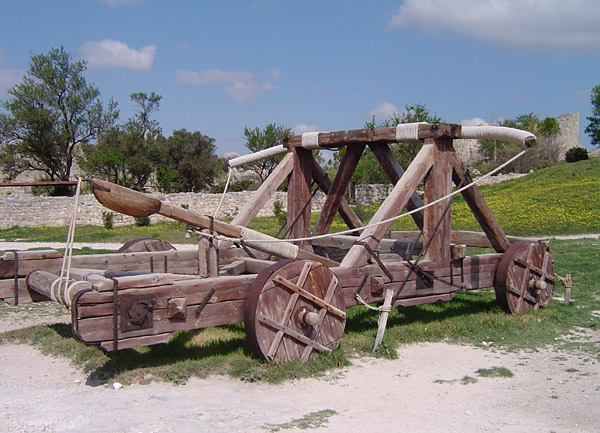

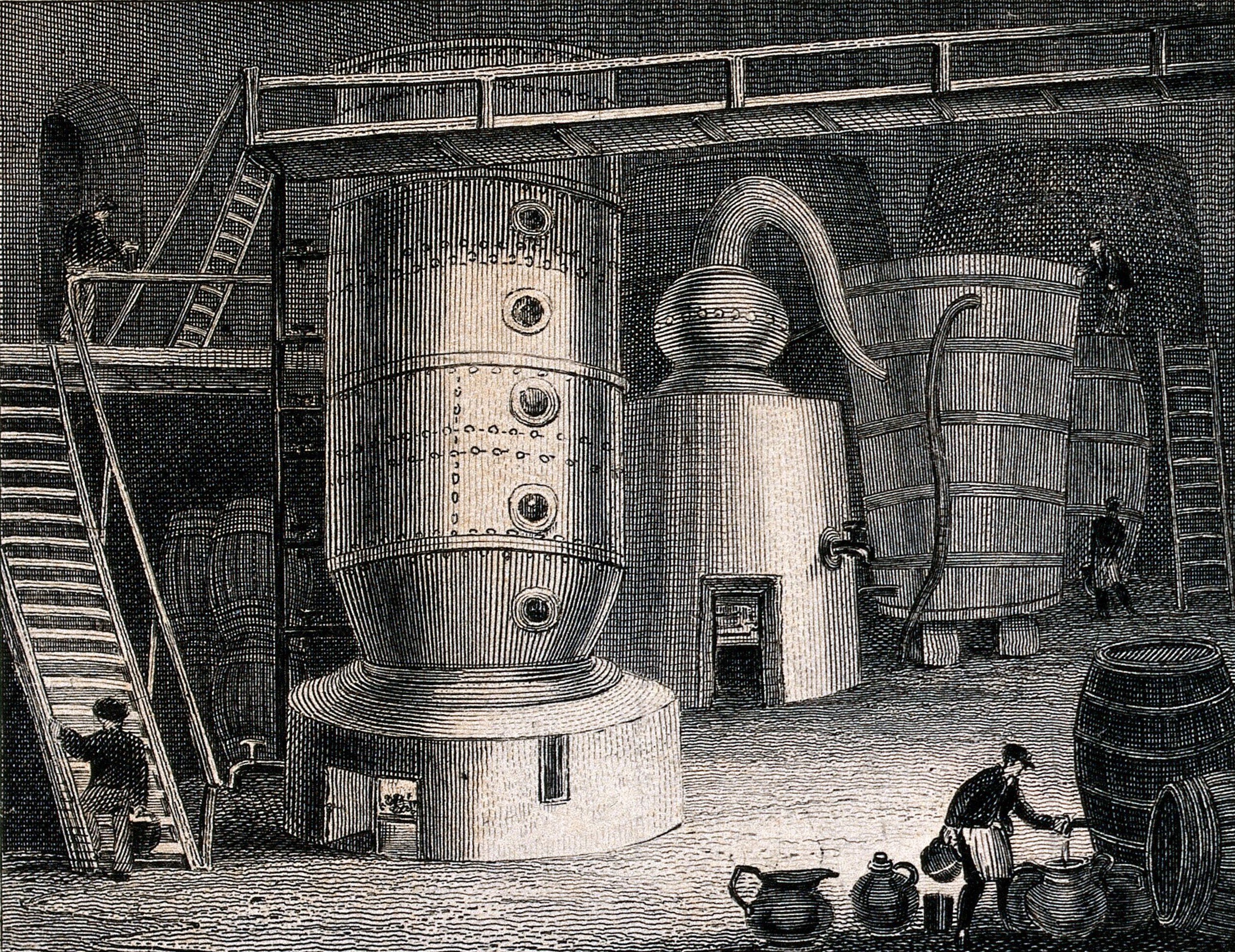
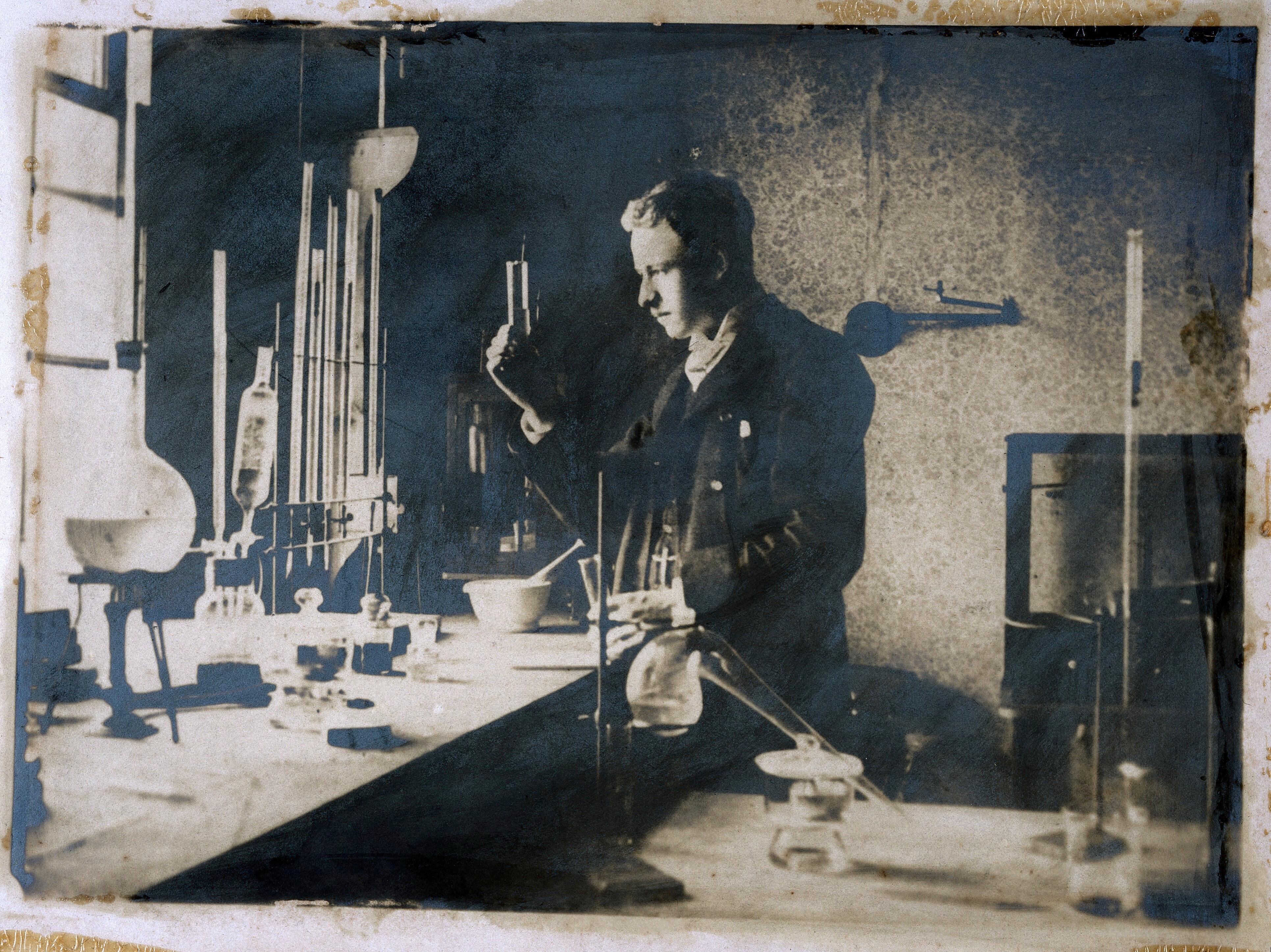
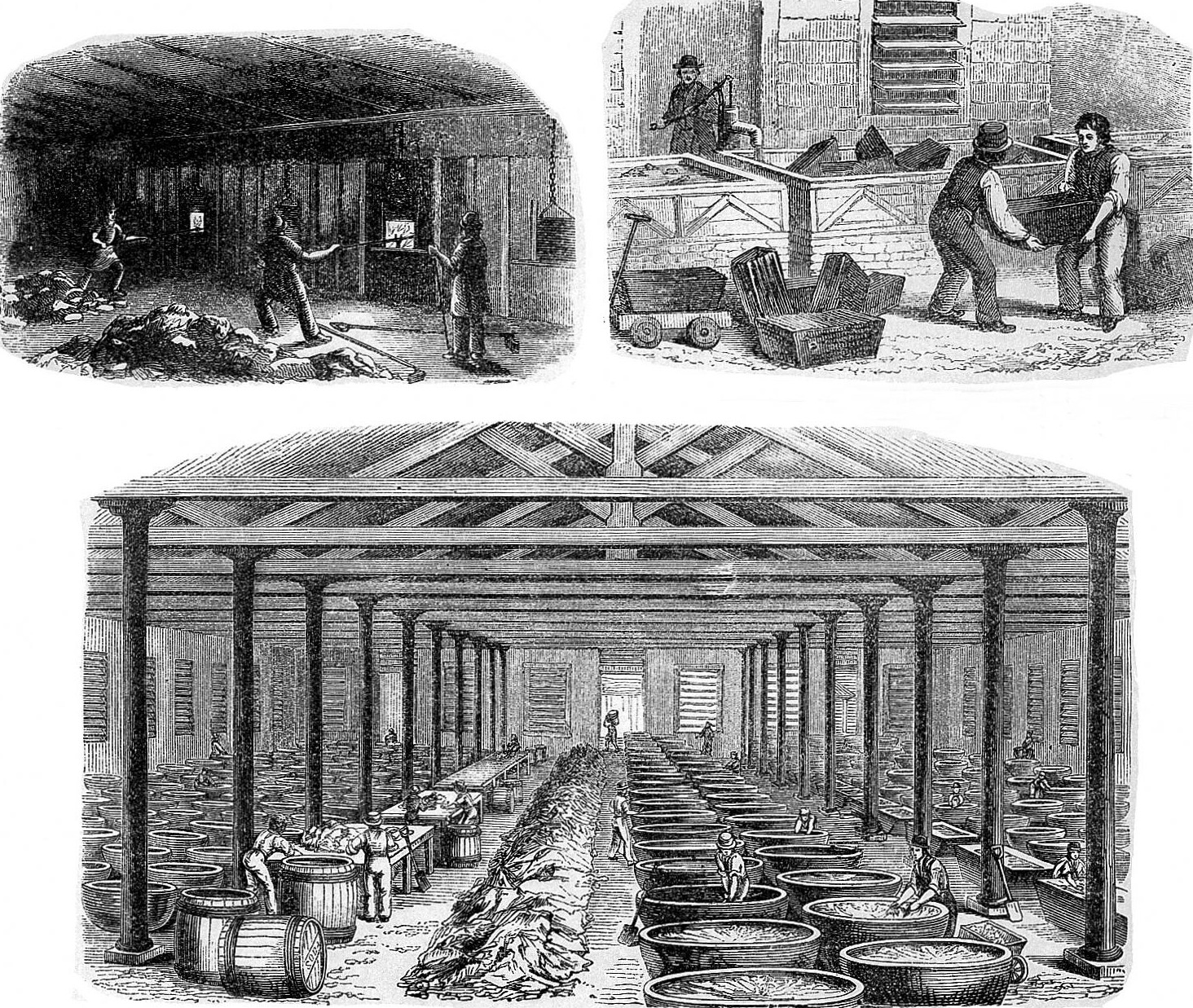
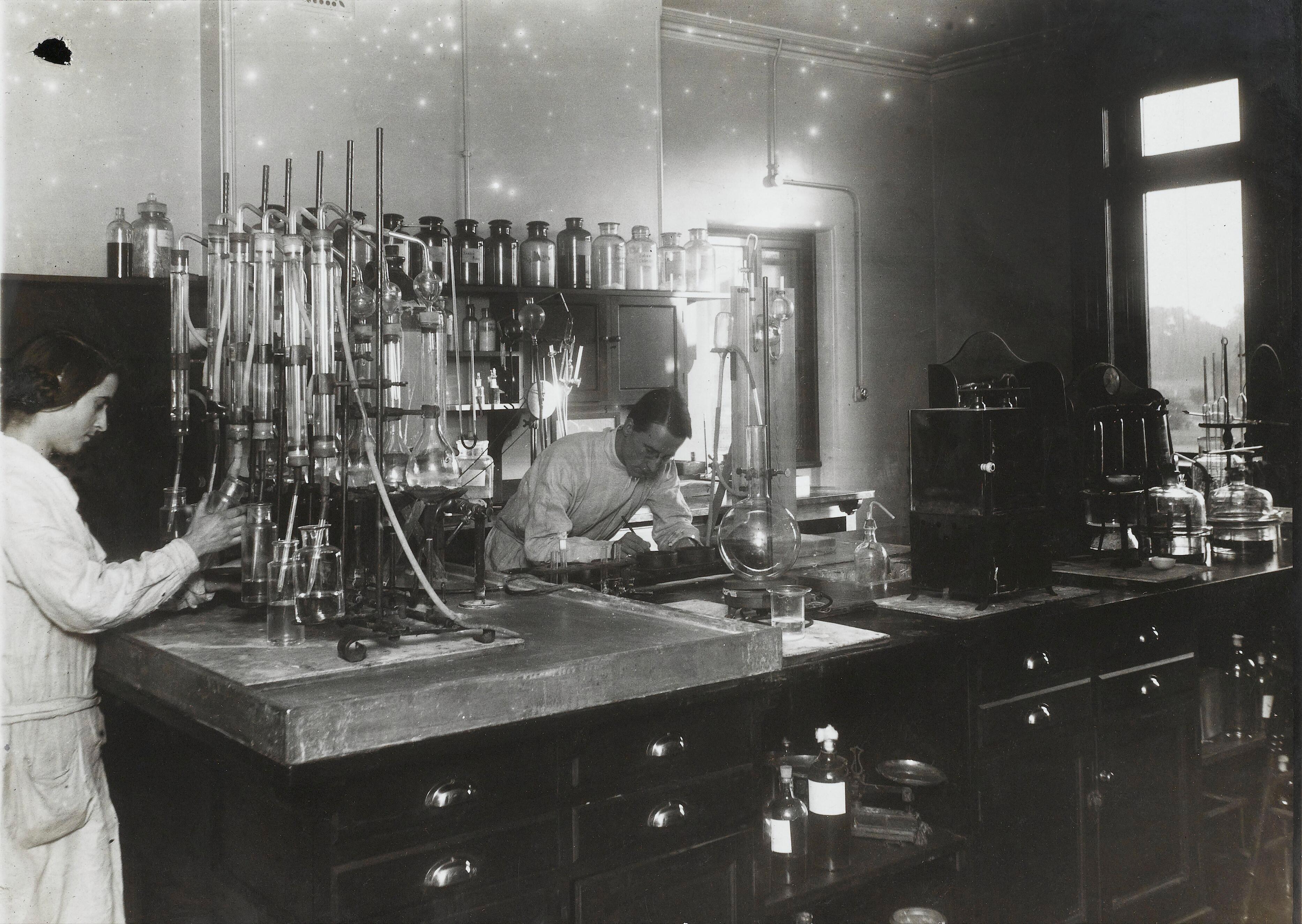



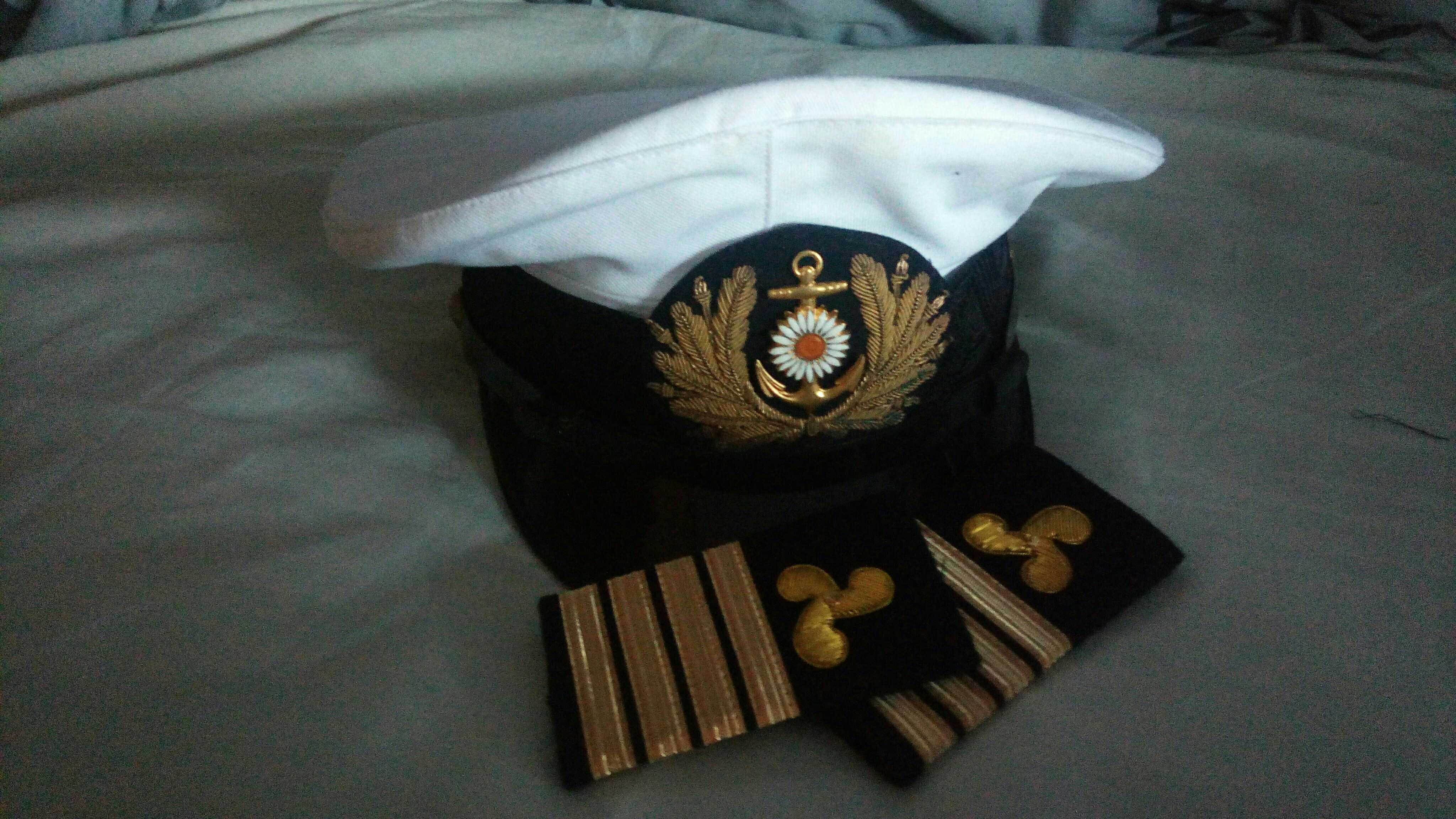
I've been waiting for this article! And it's so good :D I love the different aspects of magic mixed into warfare and how it's all woven in with the commentry from the Sarge. How does the spells from a staff compare to, say, a musket? What kind of destruction can a squad of staffers cause? It sounds like the magic is quite wide-spread at this point, so I guess they don't need as much of mundane weaponry anymore! Are human sacrifice used for offensive soldiery, too? :D
Creator of Araea, Megacorpolis, and many others.
Thanks for the comment! Took me while to answer as I was thinking about it. What I don't mention in the article is the defensive side of things and I haven't completely decided everything about that yet... But yes, mundane weaponry have always been useless (magic has always been present and incorporated in weapons). I want the canons to be roughly equivalent to ours at the time and the most basic staves would be the equivalent to muskets I think... At least roughly so that it doesn't complicate my life too much on the alternative history side of things... The thing I'm going to play with is the differences in equipment and power level. If you're rich and powerful, that gives you a super big advantage about everyone around you. You can buy special wards to protect you and you can do special attacks to aim for the weak points of the enemies' defences. For poor and weak soldiers however, it would be like giving them a wand that can do one spell. Which is also a good way to highlight the importance of technologies and the engineers. They don't need so much to invent an amazing new thing that would do lots of damage as it's already possible. What they need to do is make something cheap that can be reproduced quickly so as to make all those low ranking soldiers more efficients. For the human sacrifices being used offensively, I'd say yes. However that's not an as efficient use of magic as healing since the enemies would have some resistance against that. Thanks again for the great questions :D